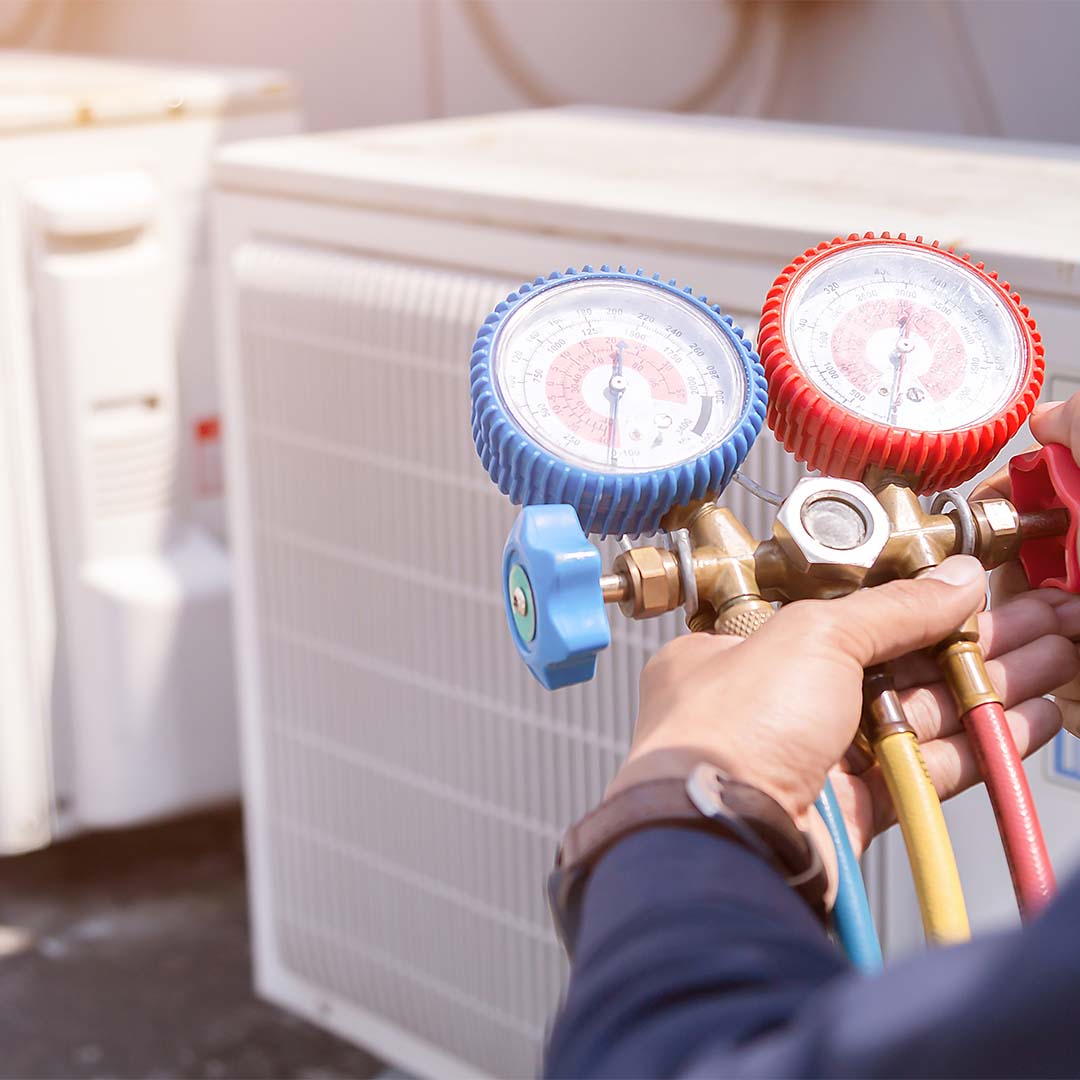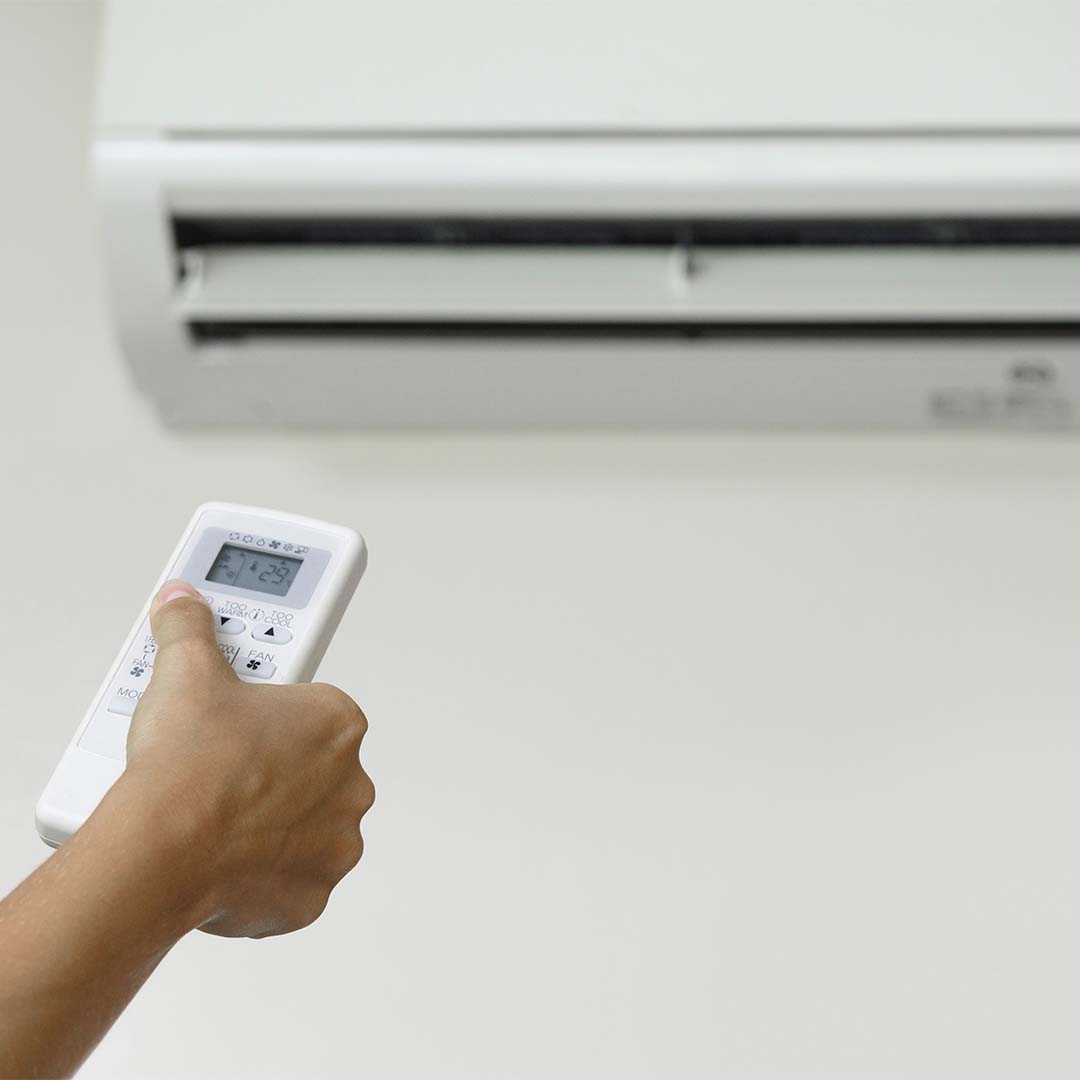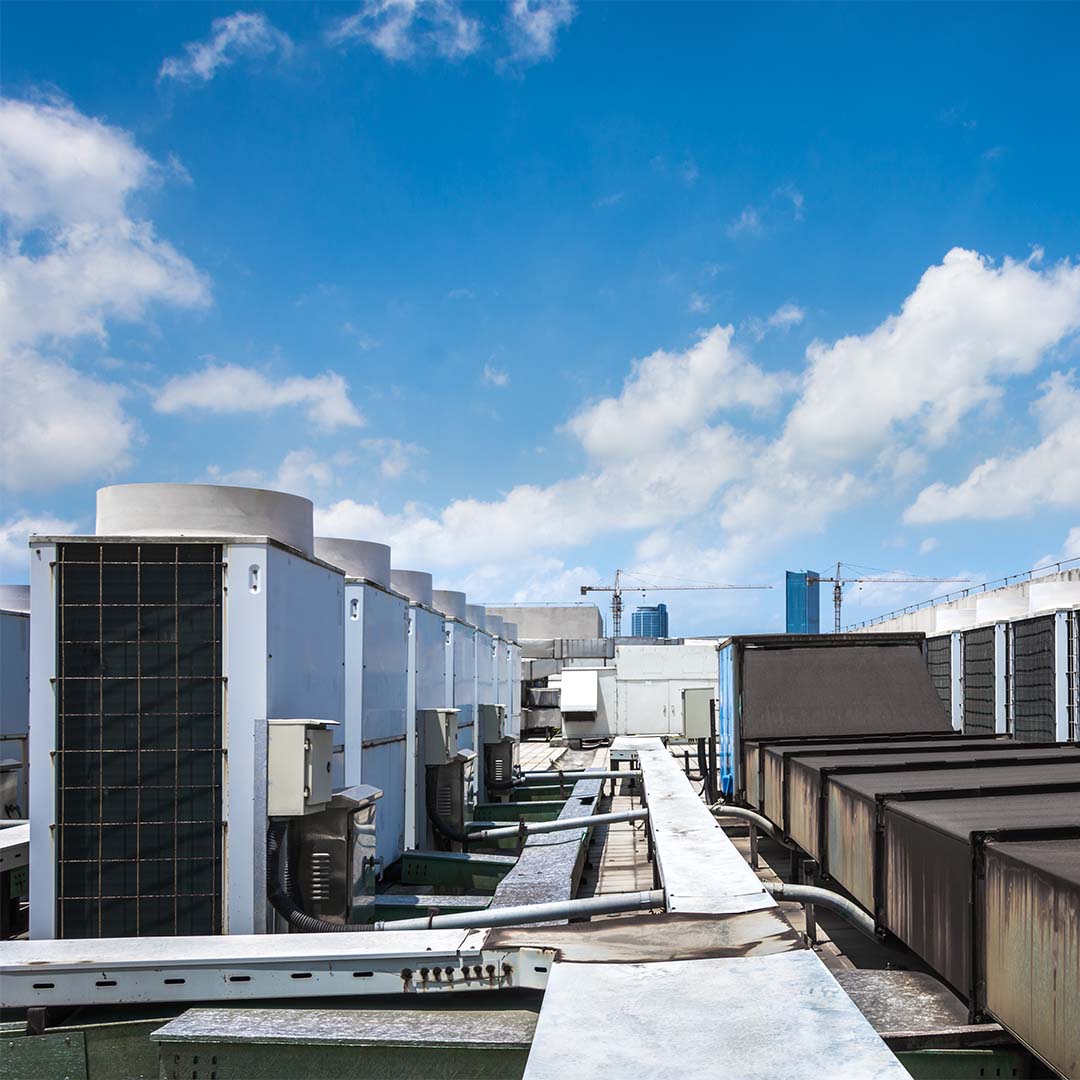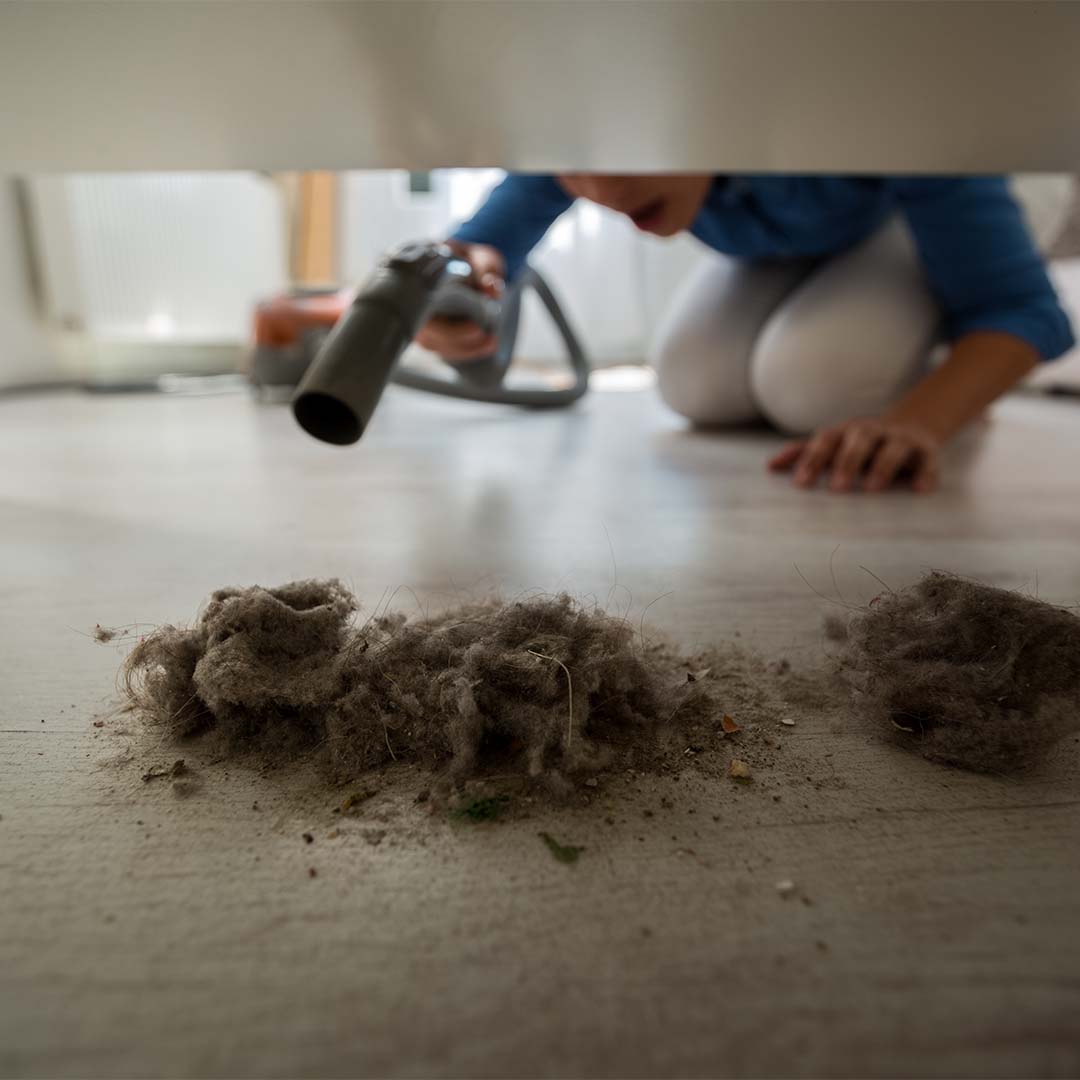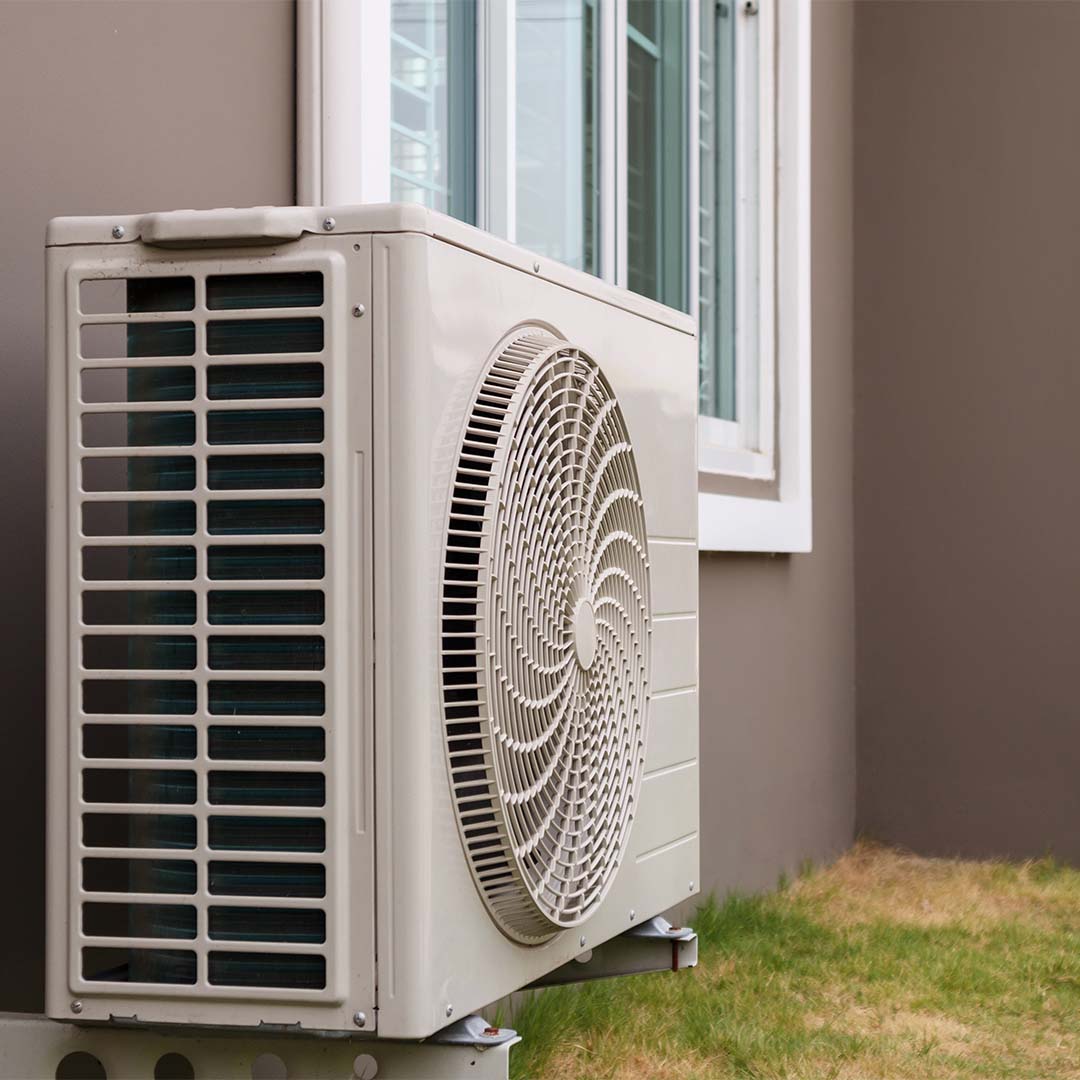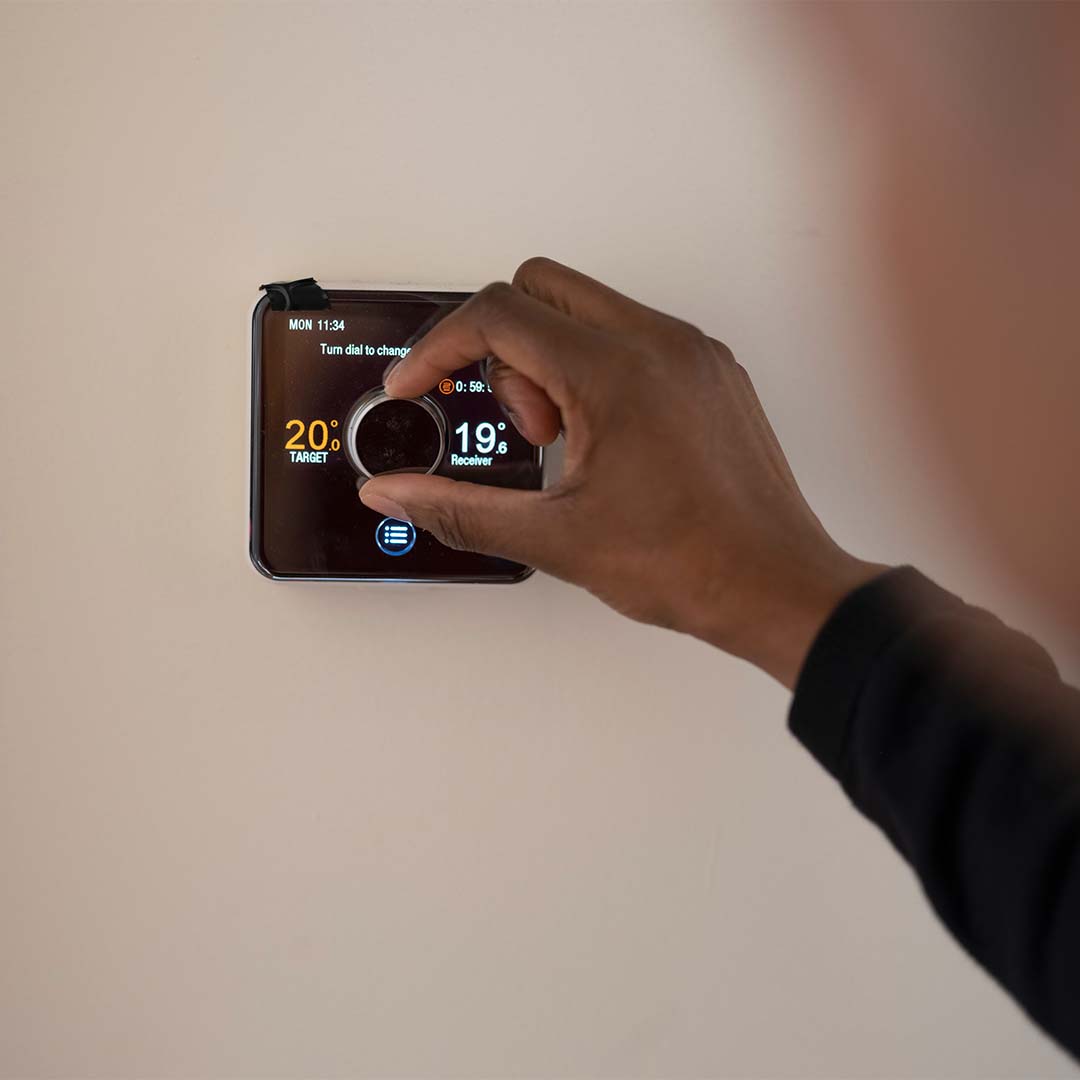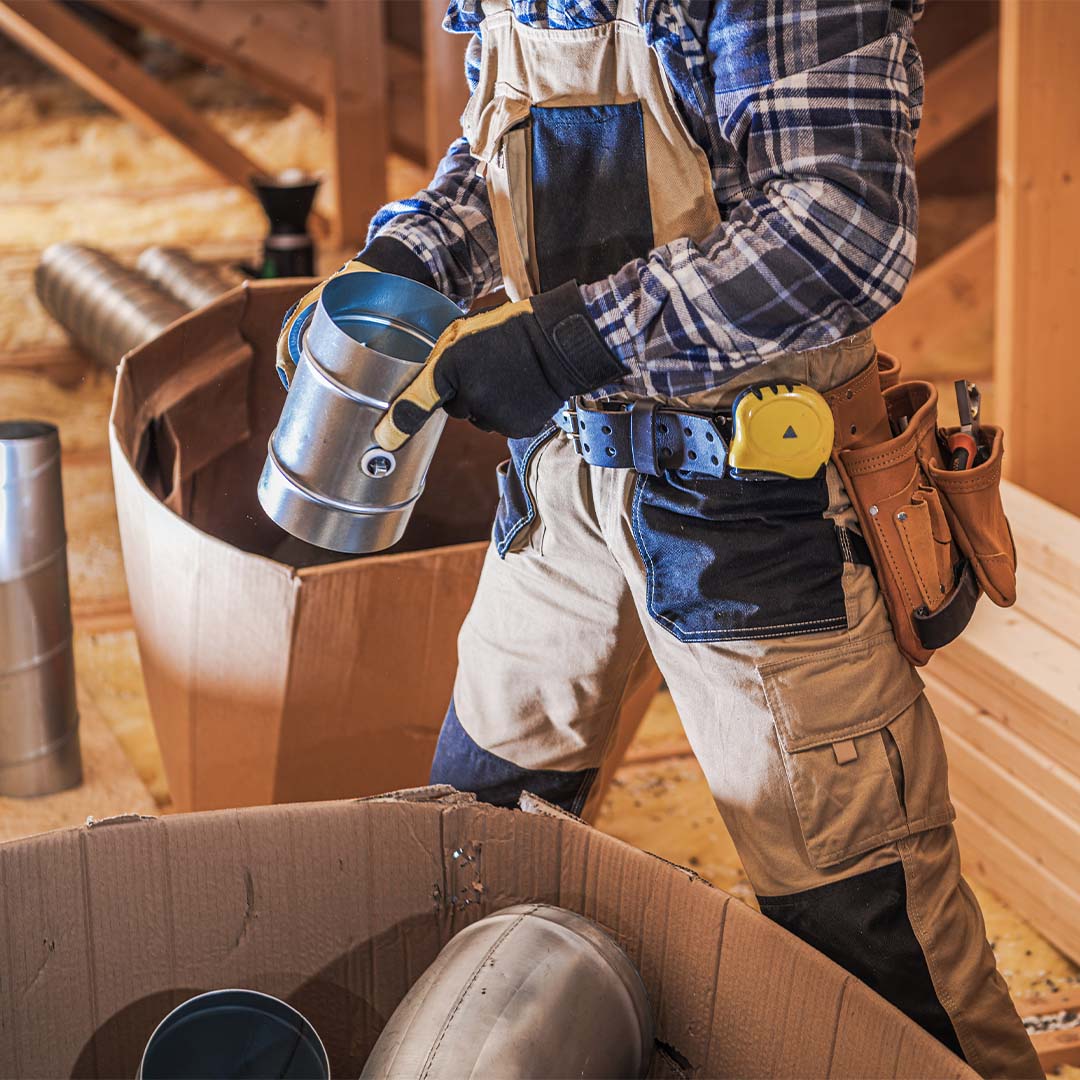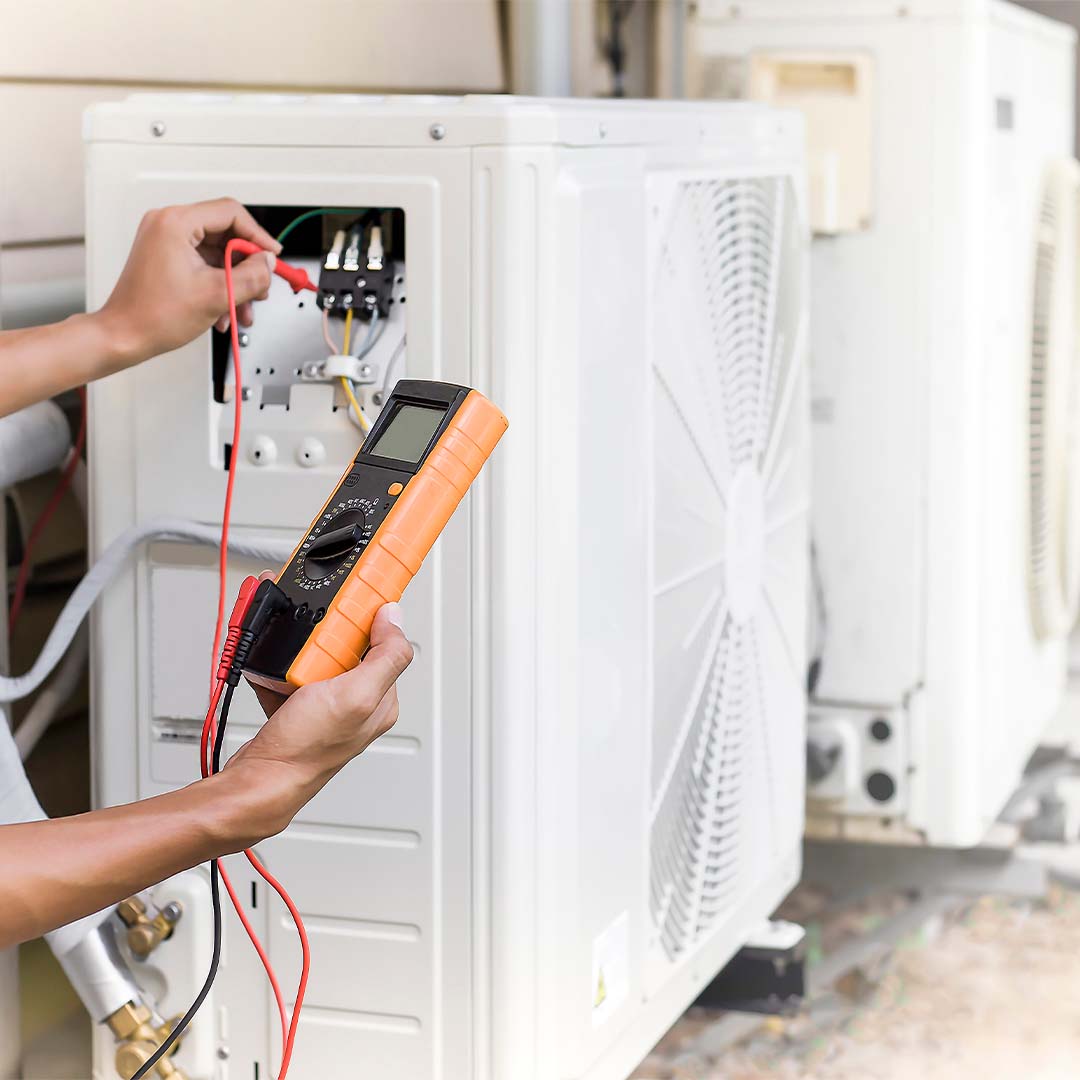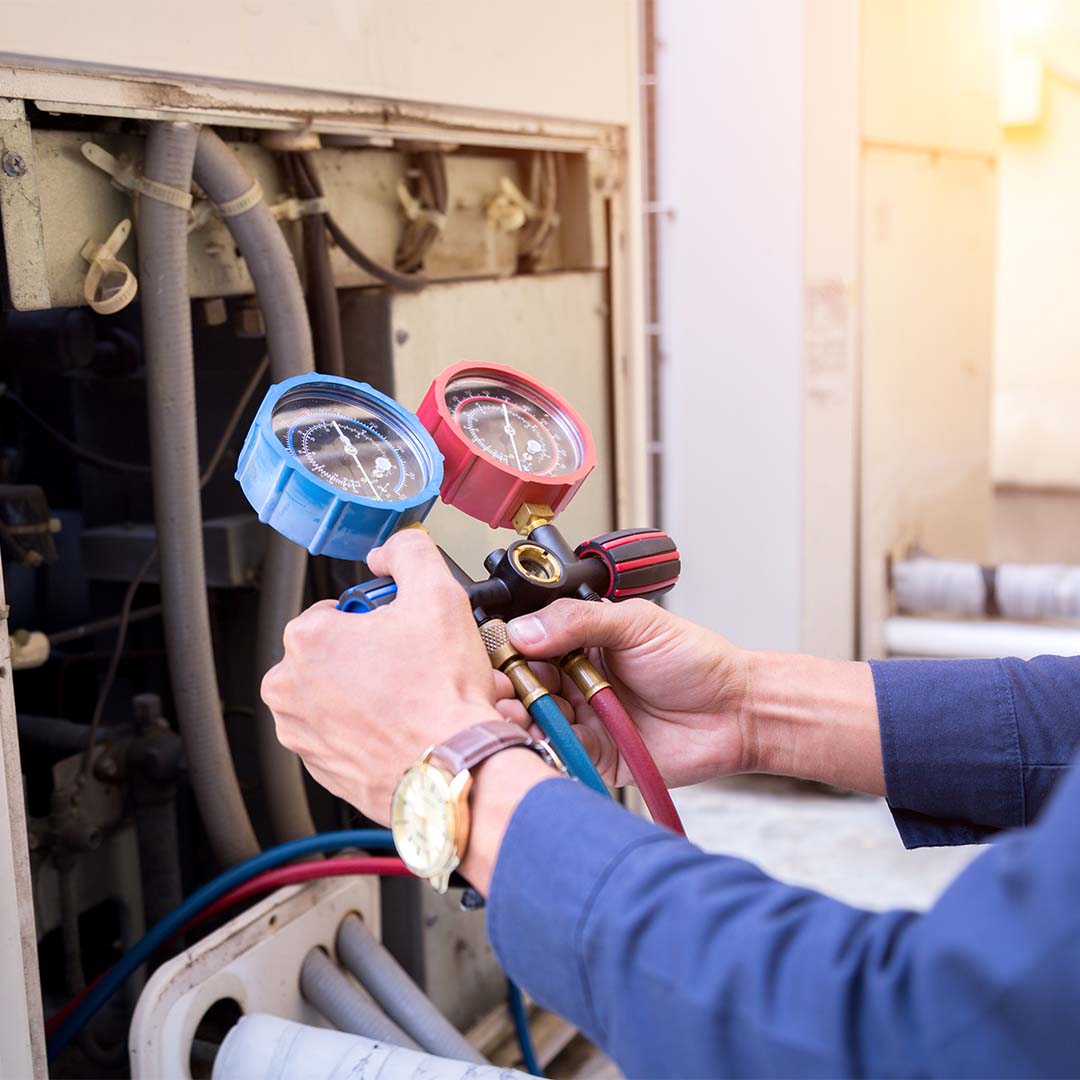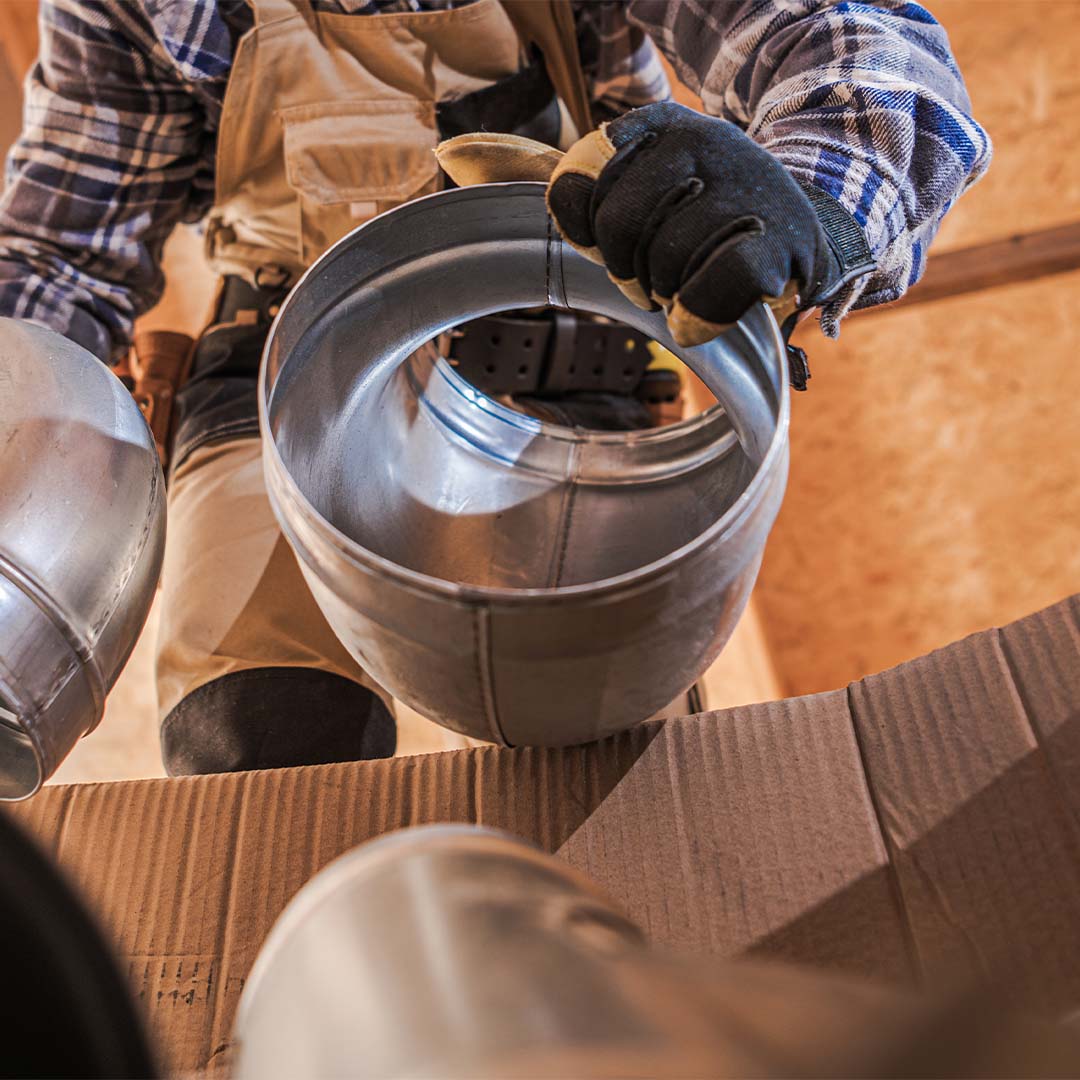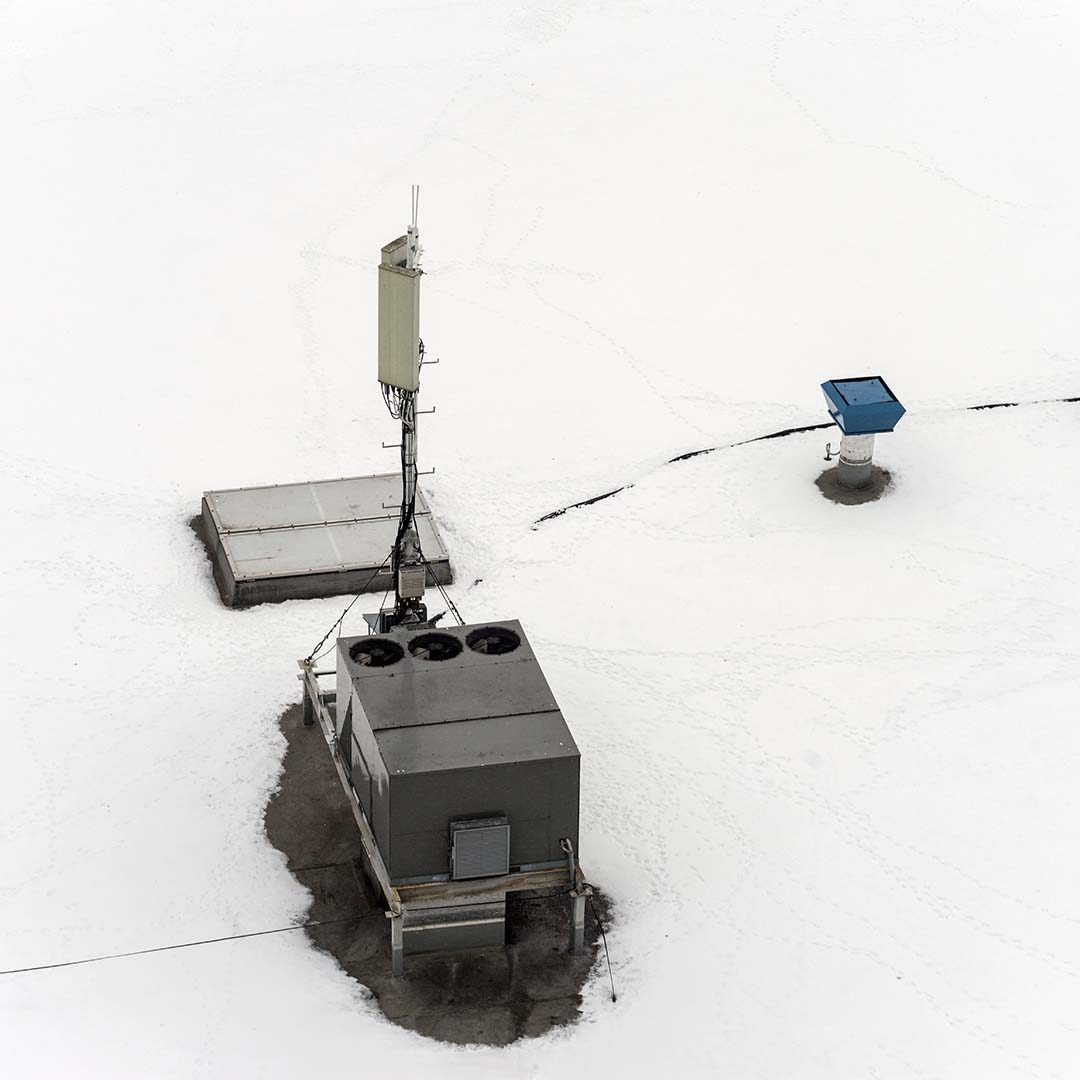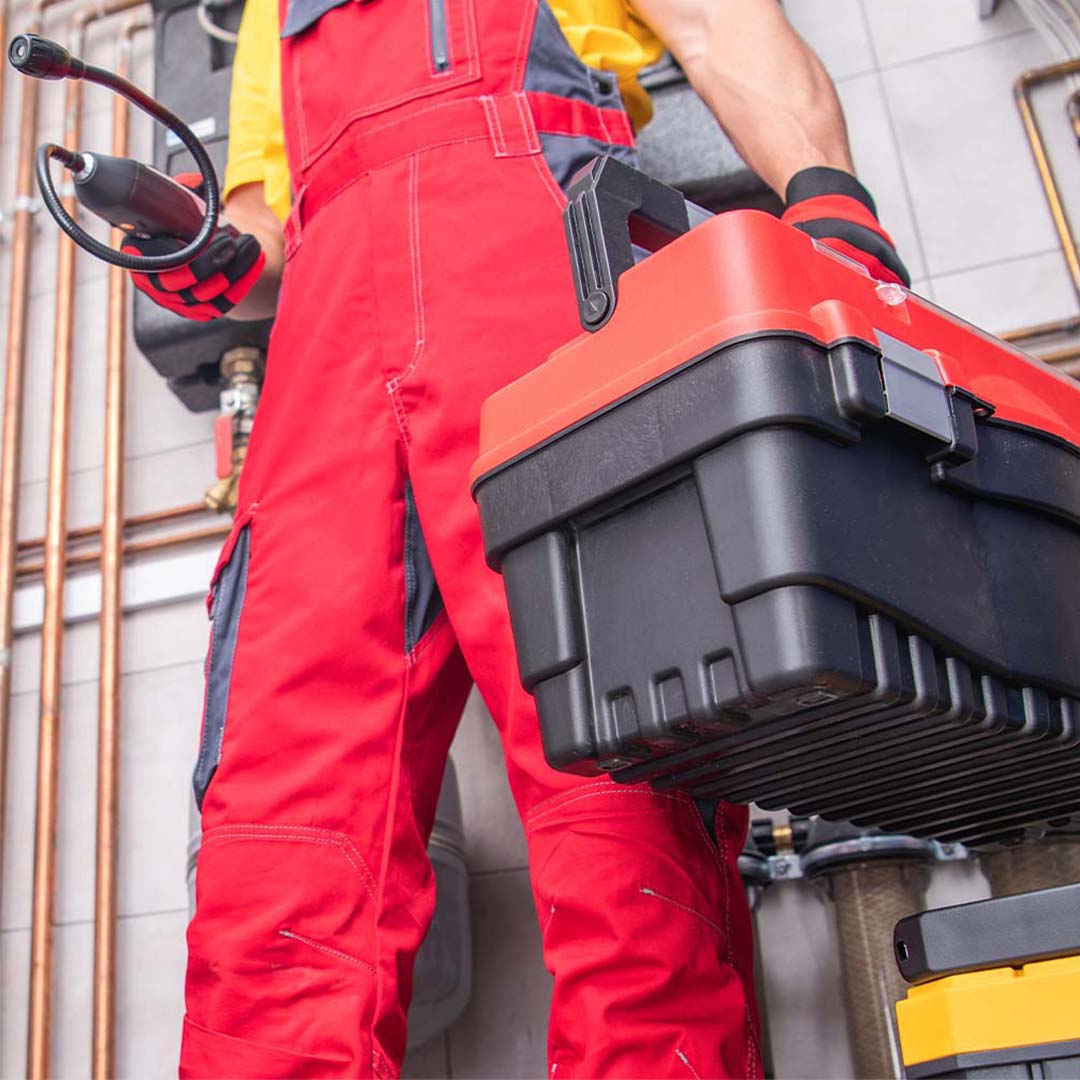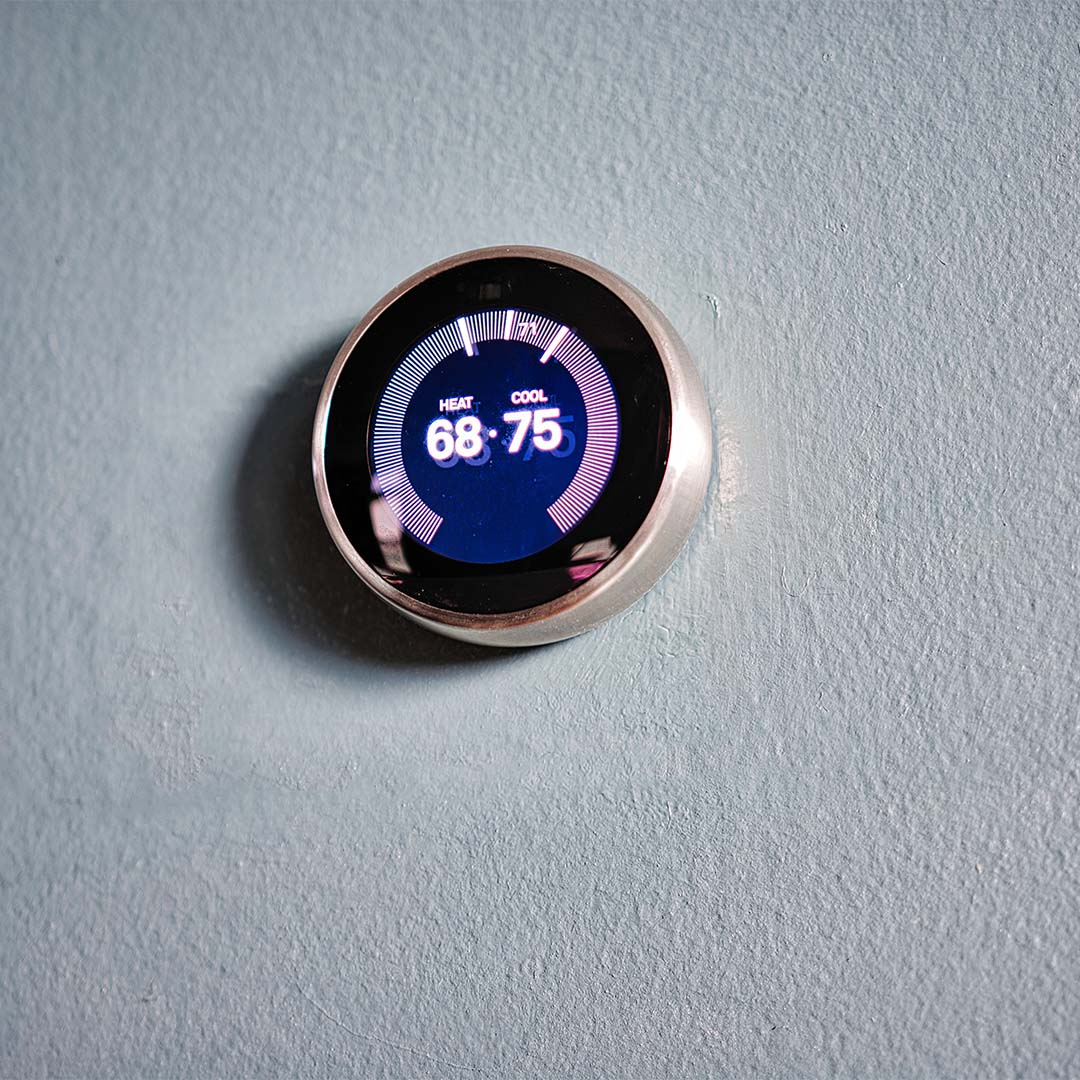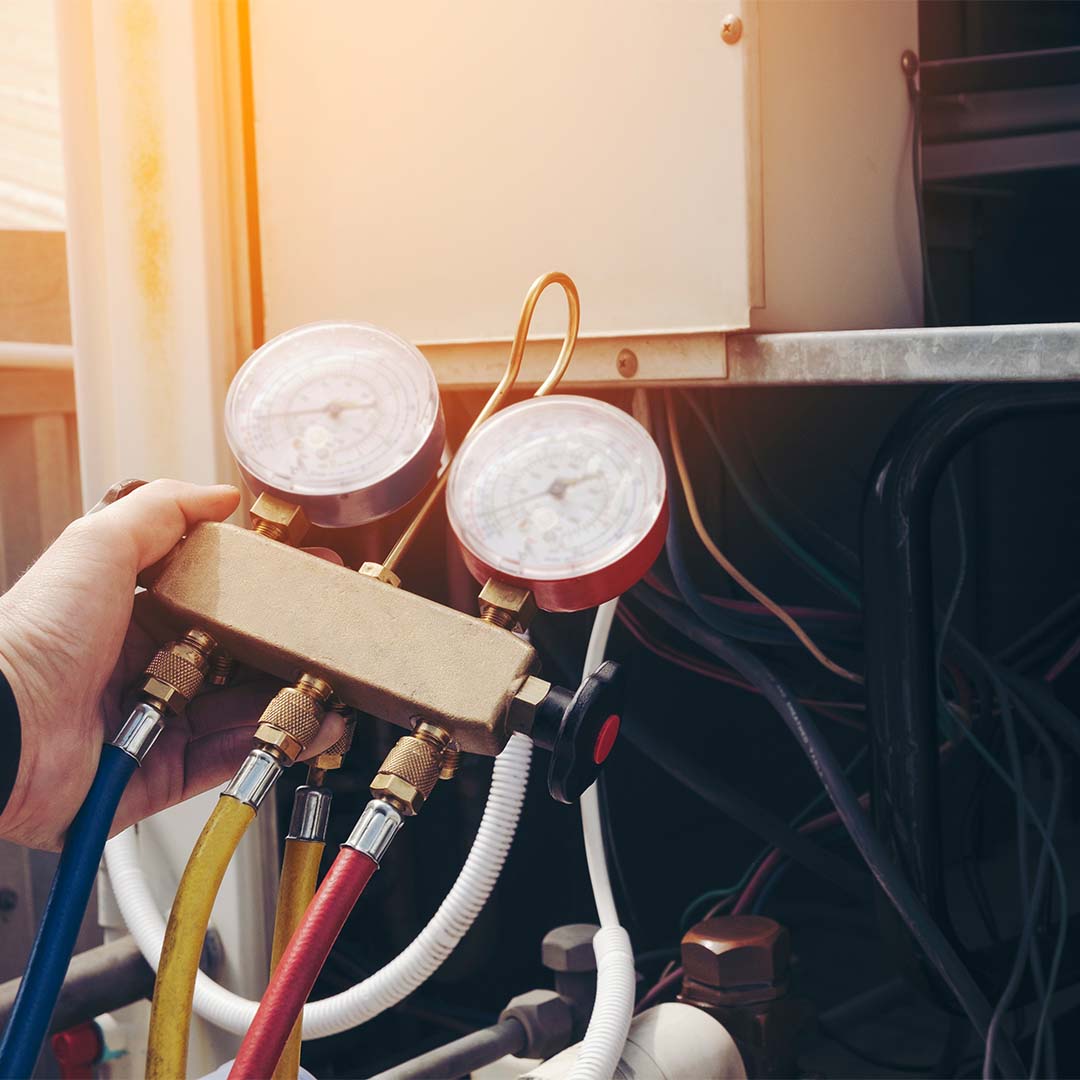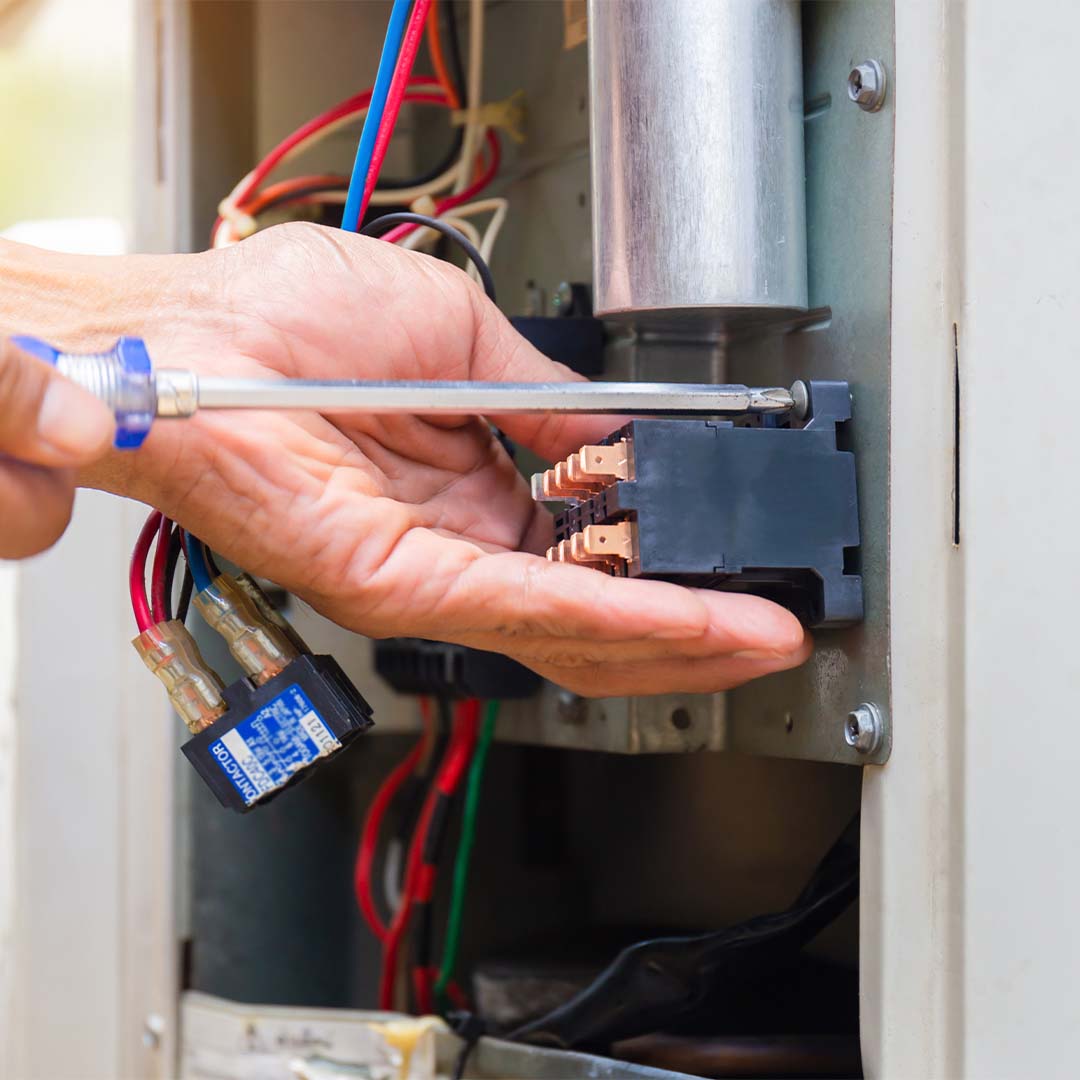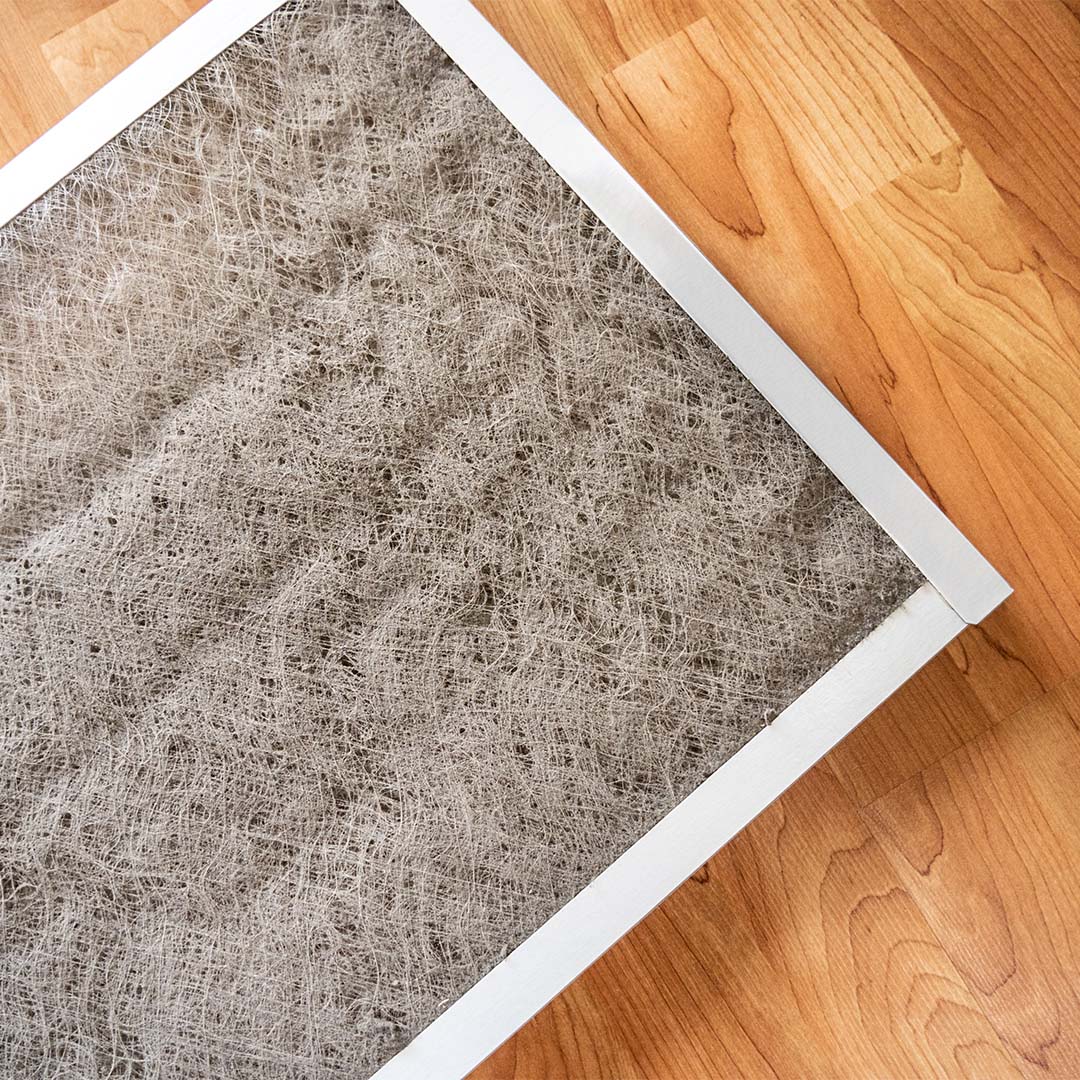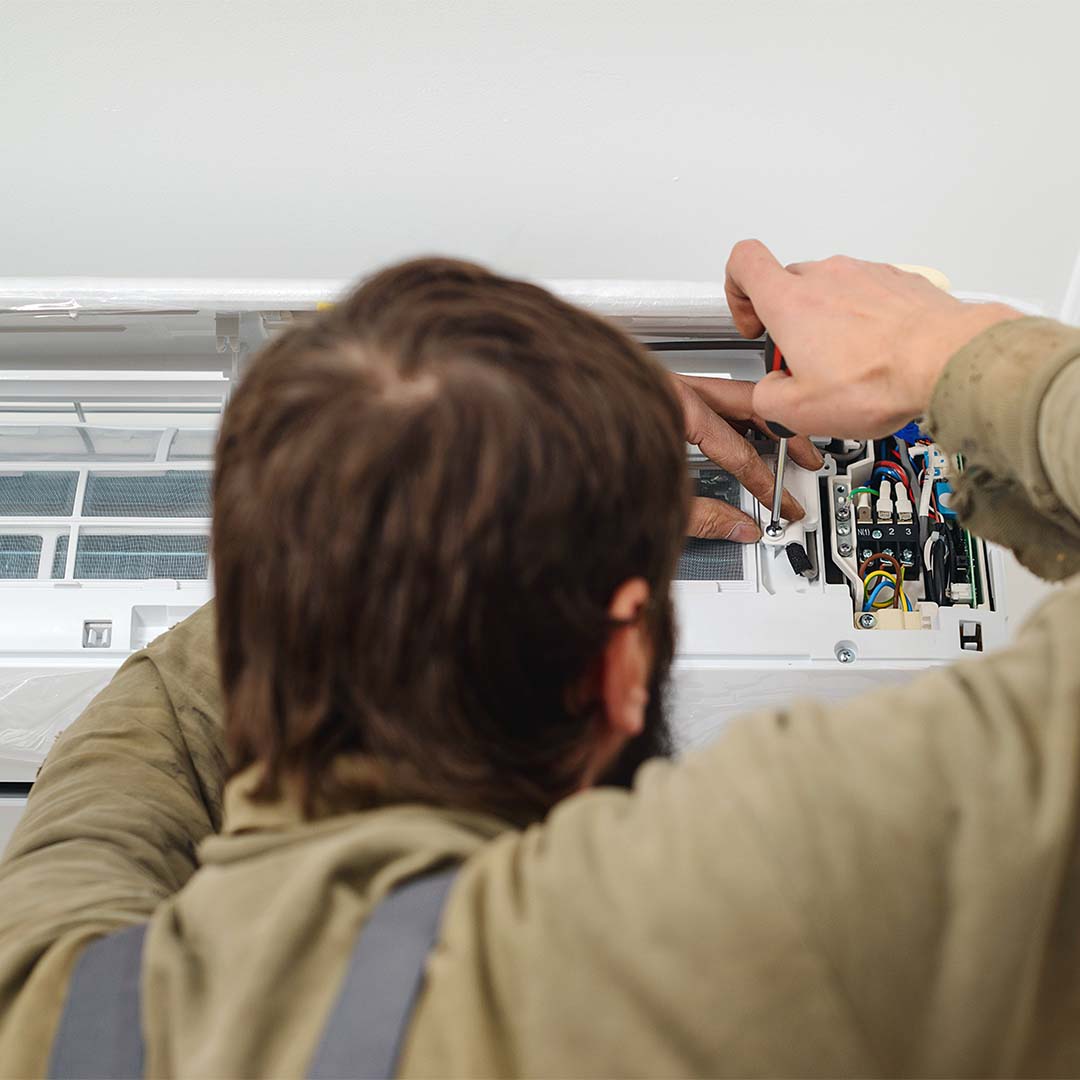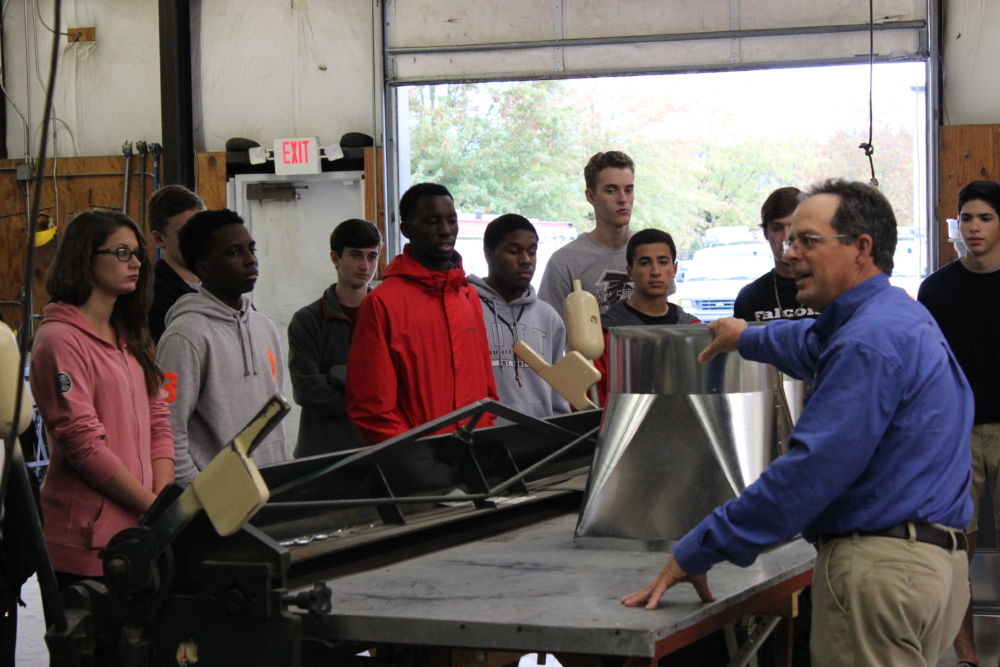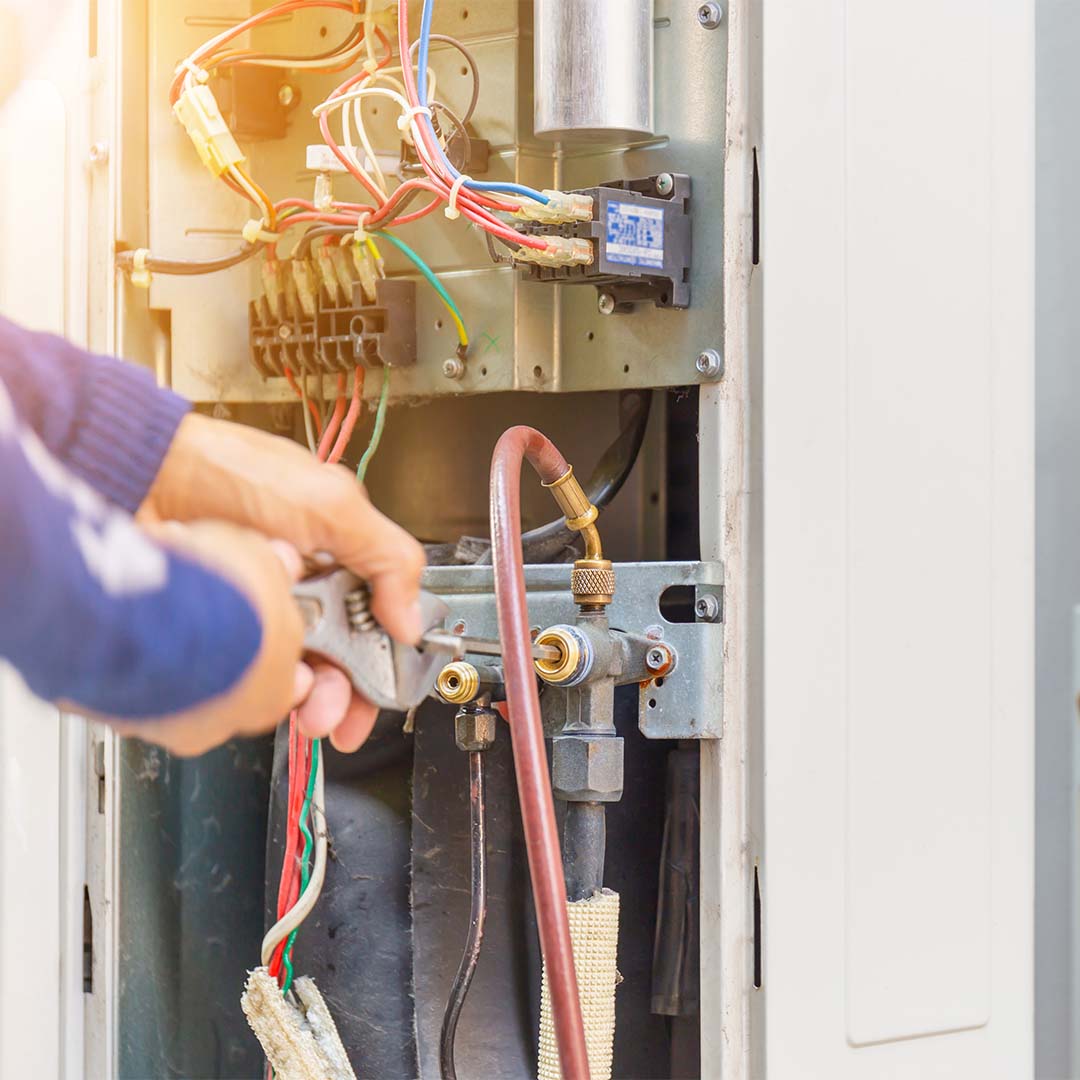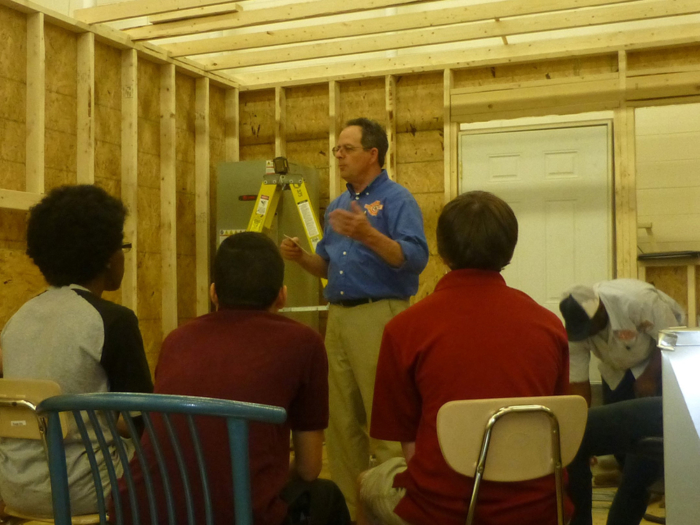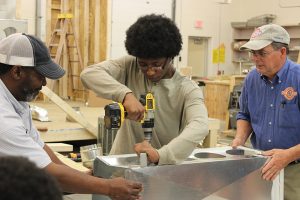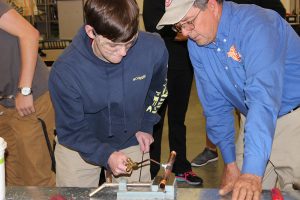These hot eastern North Carolina summer days can make your air conditioning unit work its hardest. To help your air conditioner maximize efficiency, lower utility bills, save energy and increase comfort, the HVAC professionals at Advance Mechanical have put together a list of 10 tips to help you beat the heat for the rest of summer.
1. Check Your Filters
Make sure that you are checking and replacing your air filters once per month. This is particularly important in the heat of summer when dust and allergens circulate. A clogged filter will make your system work harder to provide the same amount of cool air. Replacing your filters is one of the simplest methods to ensure that your system is operating effectively, thus conserving energy and saving you money on HVAC usage. If you often forget about your filters, sign up for our Filter Fetch program. Save time, money and aggravation by having your filters delivered straight to your door!
2. Keep Heat Away From Your Thermostat
It is important that you do not place TVs, lamps or other heat-producing appliances near your thermostat because the thermostat can sense the heat, causing your air conditioner to run longer than necessary.
3. Consider A Programmable Thermostat
If it is hard for you to remember to bump your thermostat before you leave for work, consider having a programmable or smart thermostat installed by Advance Mechanical. These smart thermostats allow you to adjust the temperature in your home using your wireless devices. This comes in handy when you are on vacation, because you will be able to monitor and adjust the temperature from your phone while you are away!
4. Call For A System Tune-Up
Perhaps one of the best ways to ensure that you have a cool summer is to have a HVAC unit that is working properly and efficiently. Having regular maintenance on your system saves you money by helping to reduce energy bills, extending equipment life and often reducing repair costs. Regularly scheduled maintenance is offered through Advance Mechanical’s Comfort Club Plan and can help keep your unit at its best for the rest of the summer!
5. Weatherize Your Home
The ultimate goal of cooling your home during the summer is to keep the cool air in and the hot air out. Taking basic steps to weatherize your home will prevent air loss, which is especially important in the heat when you need cool air the most. Weatherizing your home can include sealing air leaks with caulking and adding installation around your air conditioning ducts.
6. Watch Out For Summer Debris
It is important that you keep plants, shrubs and other landscaping at least two to four feet away from your outdoor air conditioning unit to prevent a clog and ensure adequate air flow.
7. Switch Your Fans
If you have ceiling fans in your home, switch them to spin counterclockwise in the summer to push cool air down.
8. Close The Blinds
The most common way excess heat gets into your home is through the windows. When the sun shines directly into your home it fills your home with unwanted heat. The easiest way to help combat this problem is to close the blinds or pull your curtains.
9. Install Window Film
If you prefer to keep your blinds open, consider adding a window film or tint to your indoor windows. This simple home improvement will not only keep your home cooler in the summer, but also warmer in the winter.
10. Call Advance Mechanical Heating & Air Conditioning
Make sure to have your air conditioning unit inspected, cleaned and tuned up by a licensed professional. This can help you determine any repairs that need to be made, because nothing is worse than having your air conditioner fail in the heat of summer.
Follow these tips to stay cool for the rest of the summer, and even cooler when your utility bill arrives. If you find that you are in need of an air conditioning repair or replacement, do not hesitate to call Advance Mechanical Heating & Air Conditioning. From air conditioning in Simpson and surrounding cities to full system replacements, our trained HVAC technicians are available to make sure that your system is running smooth and energy-efficient for the rest of the summer.



 (252) 355-9191
(252) 355-9191